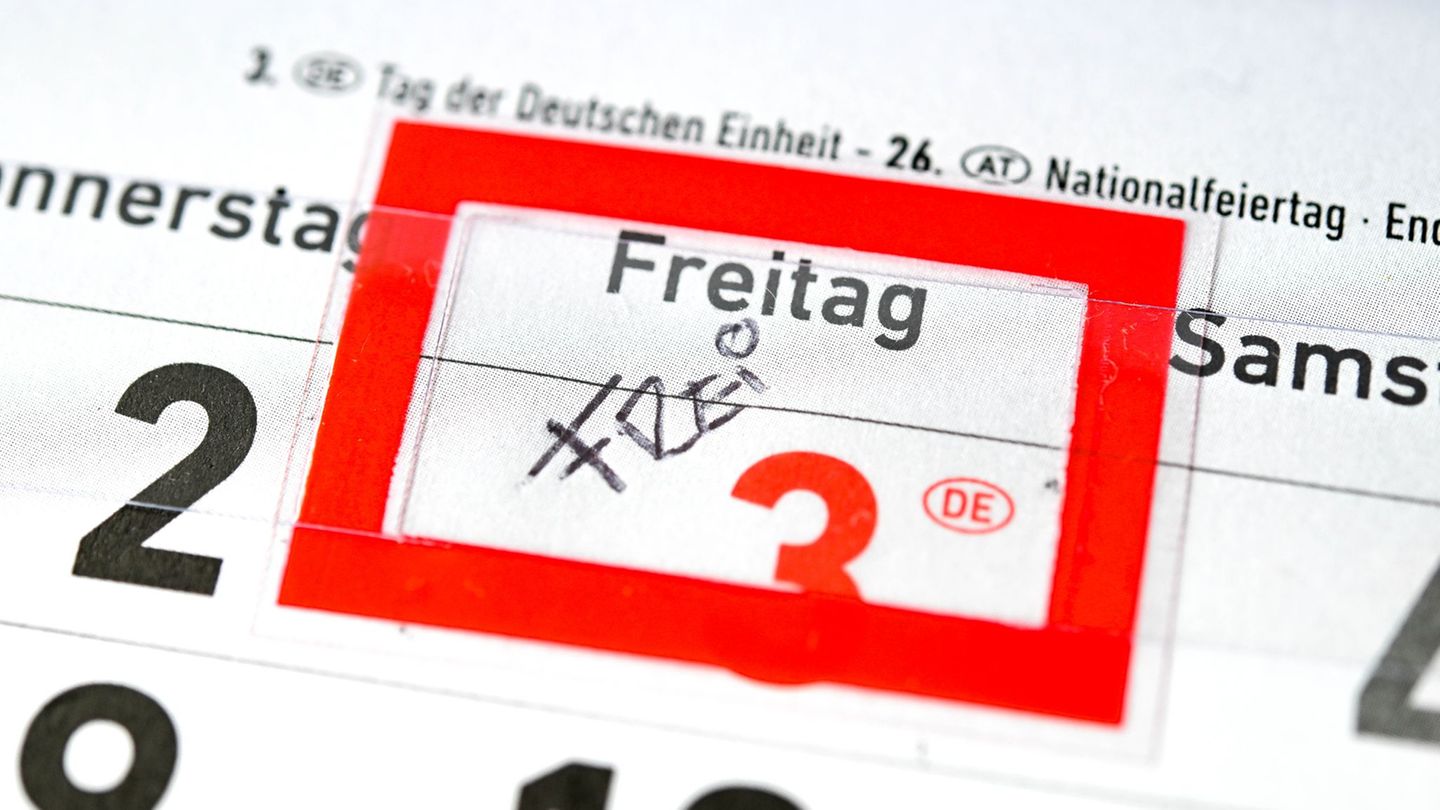Menu
Working hours: a holiday less to finance billions of bills?
Categories
Most Read
the future of the dollar and the five keys that will modify the economic plan
October 14, 2025
No Comments
Auto industry: Audi separates from the only woman on the board
October 14, 2025
No Comments
Armaments industry: Intensive care medicine near the front: Rheinmetall receives major order
October 14, 2025
No Comments
The IMF projects less growth and more inflation for Argentina
October 14, 2025
No Comments
Trade conflict: China’s export controls are causing problems in Europe
October 14, 2025
No Comments
Latest Posts
Google Pixel 10 Pro XL in the test: A smartphone with almost no weaknesses
October 14, 2025
No Comments
The Google Pixel 10 Pro XL is Google’s current smartphone flagship. Google Pixel 10 Pro XL The Pixel 10 series consists of the Pixel 10dem

Rota Scaloni: the formation of the Argentine National Team against Puerto Rico tonight
October 14, 2025
No Comments
October 14, 2025 – 12:53 The coach of the Argentine National Team would make several changes for today’s match against Puerto Rico, where there would

The health benefits of intermittent fasting: the cause that can help the body
October 14, 2025
No Comments
October 14, 2025 – 12:52 Thanks to the rise of intermittent fasting as a diet method, many people wonder what benefits it can bring to
24 Hours Worlds is a comprehensive source of instant world current affairs, offering up-to-the-minute coverage of breaking news and events from around the globe. With a team of experienced journalists and experts on hand 24/7.

